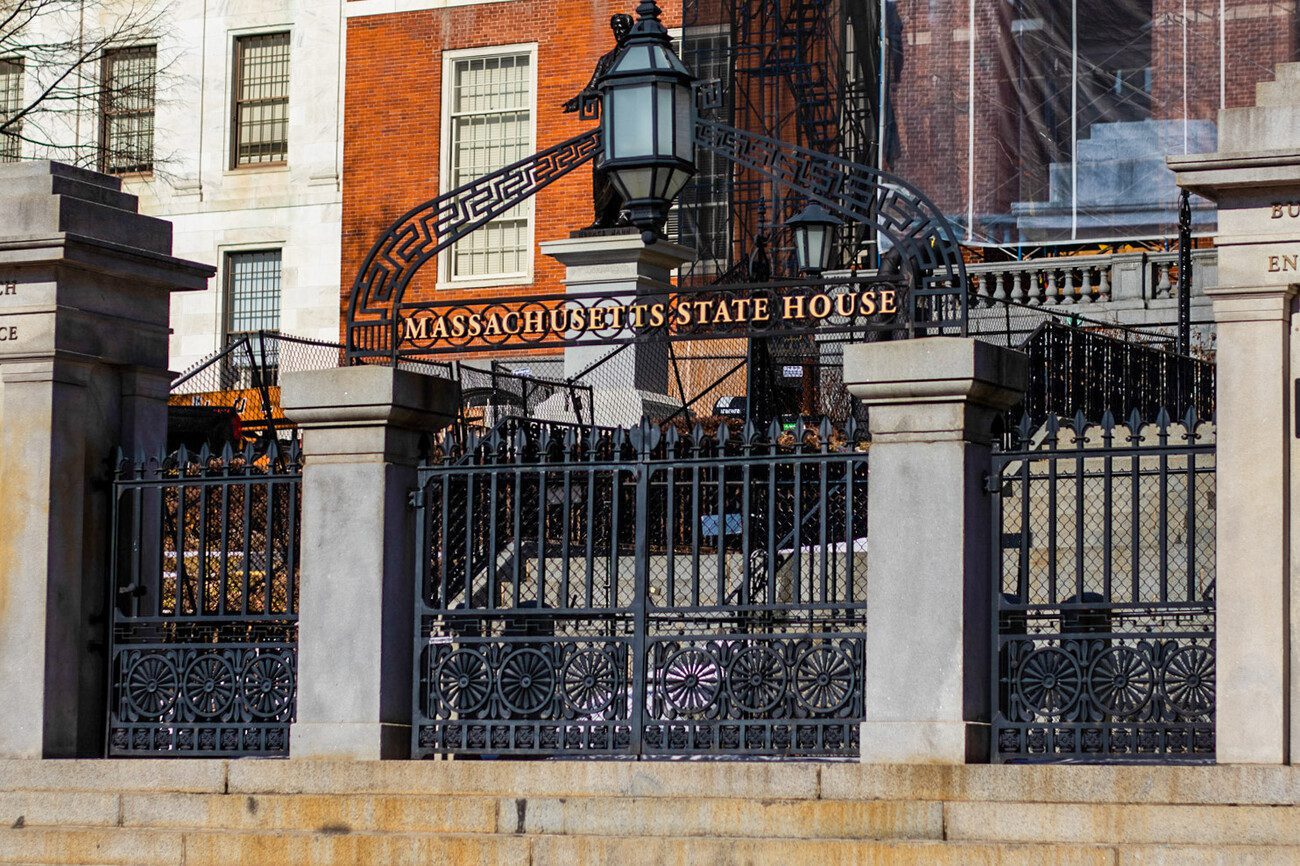Beacon Hill blew right past its July 1 deadline to finalize the Commonwealth’s fiscal year 2024 budget.
According to state Sen. Joan Lovely , whose district includes Peabody, the importance of the budget is not something to be overlooked.
“It’s probably the biggest thing that we do,” she said.
Despite its importance, the Commonwealth has missed the July 1 fiscal year budget deadline for 13 straight years.
Even as leaders have made a routine out of starting the fiscal year without a finalized budget, local leaders say there is no cause for concern entering FY24.
House Minority Leader Bradley Jones, whose district includes Lynnfield, said that although the delay is scary on paper, the state prepares for hang-ups in the budgeting process by keeping some funds available as needed based on the previous year’s amounts.
“What has historically happened for a long, long time is we do what’s called an interim budget,” Jones said.
Lovely said interim budgets represent one-twelfth of the prior year’s budget, which allows for around a month of state funding.
“We can keep the state running seamlessly,” Lovely said. “It gives the conferees a little more time to iron out whatever differences they’re ironing out.”
The FY24 budget process is currently in the Conference Committee, which features a series of back-and-forth proposals from select members of the state House and Senate. According to Jones, the negotiation process can often lead to more than a dozen different proposals being exchanged as leaders attempt to hash out a final budget.
This step comes after the House and Senate release their budget proposals in April and May, respectively, following the announcement of the governor’s fiscal year budget in January.
Jones stressed that though the July 1 target would be nice to hit, it would be rare for the state to suffer serious consequences, like a reduced credit rating, for missing it.
He explained that a small consequence is often uncertainty about how much funding has been secured for certain state-supported programs. He gave the example of Chapter 70 education funding in Lynnfield, which is expecting a bump of nearly $1 million for FY24.
“Until the FY24 budget is finalized, that number isn’t a reality,” Jones said. “They would be reimbursed with last year’s number.”
Jones noted that this year’s process is further complicated by work both branches are doing on tax reform, which can affect things like projected state revenue.
“There are a lot of moving parts,” Jones said. “On Beacon Hill, more so than many other aspects of life, everything is interrelated.”
State Sen. Brendan Crighton, whose district contains Lynn, Lynnfield, Marblehead, Nahant, Saugus, and Swampscott, said that the interim budgets are necessary to give leaders time to create a budget that works for all parties involved.
“Both the House and Senate have different priorities… I think reconciling those differences is what takes some time,” Crighton said. “It’s not adversarial. I think it’s just finding common ground on spending priorities and policy priorities.”
According to Crighton, the passage of interim budgets is necessary to reach the best deal for the Commonwealth.
“There’s been a lot of talk about the July 1 deadline,” he said. “We can keep functioning, we can continue to keep the funds needed to run the government and make sure we get the best possible product.”
Lovely echoed the same sentiment, and said it was essential to take the time necessary to get the budget right.
“Budgets are very complicated documents. When your spending $54-55 million, there’s a lot in it,” Lovely said. “Giving the conferee the opportunity to get those right before that budget is enacted is the right thing to do.”

